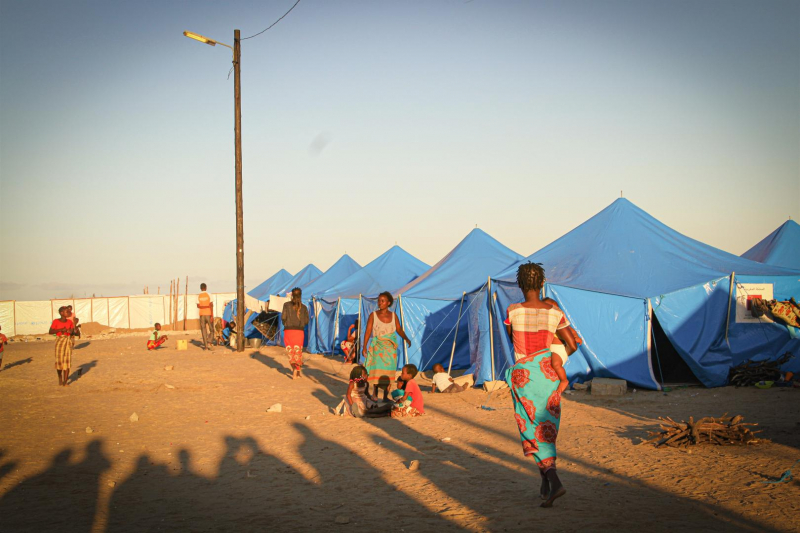Non-Communicable Diseases in Humanitarian Settings
NCDs are the leading cause of death in nearly every region of the world, and they impose a significant financial and social burden on individuals, families, and societies. Humanitarian settings have a negative impact on disease prevalence and treatment options.
NCDs' importance in global health is recognized by their inclusion in the Sustainable Development Goals, which aim to reduce premature mortality from NCDs by a third by 2030. NCDs, on the other hand, have received little attention in humanitarian settings until recently, leaving some of the most vulnerable populations with unmet prevention, care, and treatment needs.
The course will teach students about the problems and dilemmas that arise in humanitarian settings when it comes to NCDs, as well as potential solutions. Why are non- communicable diseases (NCDs) a problem in humanitarian crises? Natural disasters and complex emergencies, such as armed conflict, wreak havoc on disease levels and the ability to prevent, treat, and care for people with NCDs.
People with NCDs frequently require ongoing care to prevent disease progression, and treatment disruptions due to natural disasters or emergencies pose a significant health risk. The challenge of disrupted care and treatment may be exacerbated in conflict situations and fragile contexts – an estimated 65 million people have been forcibly displaced by conflict, displacement lasts longer, and health systems and personnel are sometimes deliberately targeted.
This course offers:
- Flexible deadlines: Reset deadlines based on your availability.
- Shareable certificate: Get a Certificate when you complete
- 100% online
- Intermediate level
- Approx. 15 hours to complete
- Subtitles: English
Course ratings: 4.8/5
Enroll here: https://www.coursera.org/learn/non-communicable-diseases-in-humanitarian-settings












